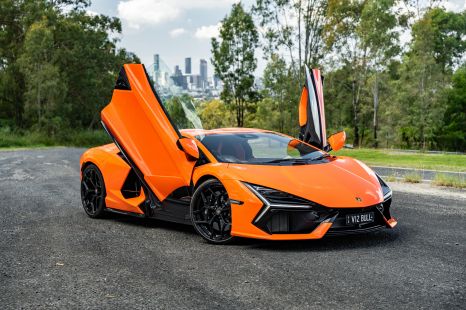

Alborz Fallah
3 Days Ago

Journalist
Jaguar will be relaunched as an exclusive, super-luxury all-electric brand, with the first new electric cars of this era landing in showrooms from 2025.
Based on a new in-house developed architecture which shares nothing with existing Jaguar and Land Rover platforms, dubbed JEA, or the upcoming EMA platform for future Land Rover electric cars, the first new Jaguar project will be a four-door GT.
The carmaker says it will release more details about the car later this year, but has revealed it will have a range of up to 700km, and prices will start from £100,000 ($185,000) in the UK.
This will put the GT, and the rest of the Jaguar range, beyond where the current range resides – but still below ultra-luxury brands like Bentley.
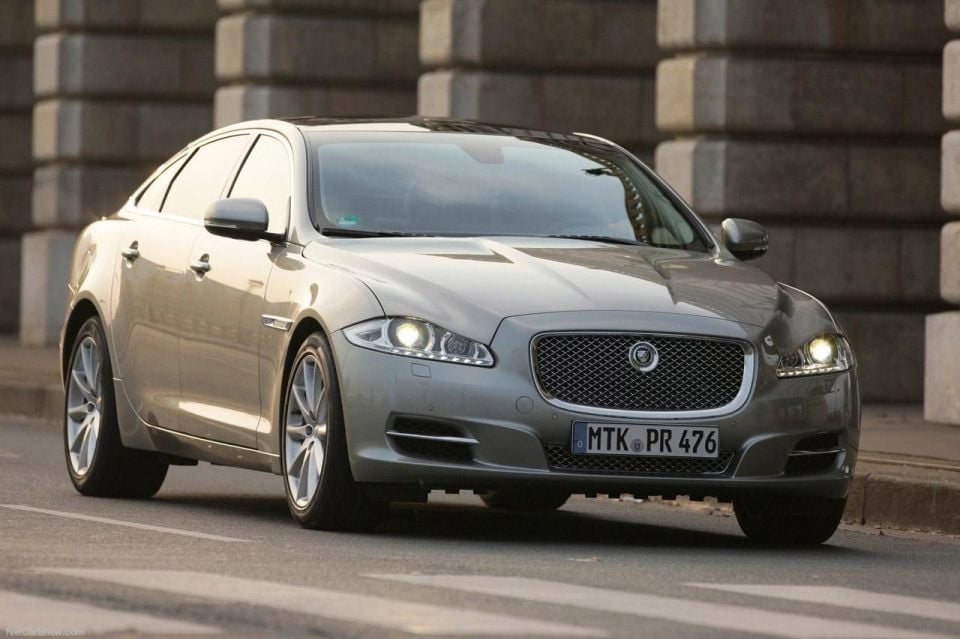
The current Bentley Flying Spur sedan starts at £156,000 ($290,000), while the top-spec variants of the now discontinued XJ began from around £92,000 ($170,000). The existing XF range tops out at about £52,000 ($96,000).
The new electric GT will go on sale in selected markets in 2024, but the first cars won’t be delivered until 2025.
Following on from the four-door grand tourer, Jaguar plans to launch two more cars based on JEA. These are expected to be SUVs. All three electric cats will be built in JLR’s Solihull factory on the outskirts of Birmingham.
To coincide with today’s announcement, the company released the first teaser image of the new four-door GT (hero image).
While it’s hard to see what the new Jaguar will look like from this picture, JLR chief designer Gerry McGovern says: “We have radically reimagined Jaguar as a modern luxury brand. The key to Jaguar’s transformation is that the designs convey that they are a copy of nothing.”
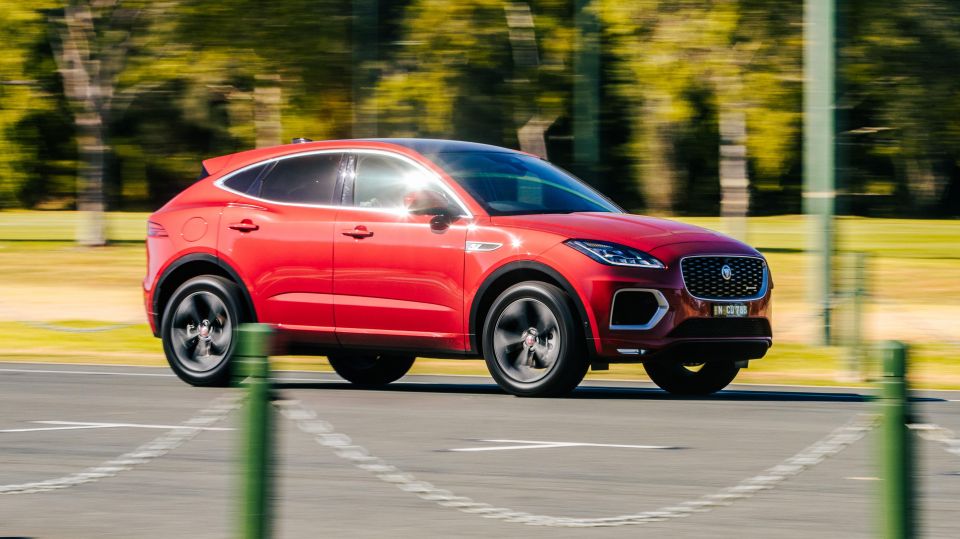
Eventually all of the brand’s existing vehicles – the XE, XF, E-Pace, F-Pace, I-Pace, and F-Type – will be discontinued, leaving behind a super-luxury, all-electric range.
According to Autocar, the reimagined Jaguar is targeting around 50,000 sales globally for its high-end EVs. That’s not far removed from the 70,000-odd Jaguars sold in the 2021/2022 financial year, but it’s a far cry from earlier aspirations.
Since Ford purchased Jaguar in 1990, the automaker has dreamt about becoming the British version of BMW. However the retro-styled X-Type and S-Type not only failed to dethrone the 3 Series and 5 Series, they didn’t manage to breach the outer walls of the castle.
Even after Tata bought the company in 2008, the similarly-pitched XE and XF were lapped in the sales race by its German competitors.
Not long after Thierry Bollore took control of Jaguar Land Rover in late 2020, Jaguar scrapped the nearly-complete next-generation electric XJ, and targeted going fully electric from 2025 with a more exclusive range of vehicles.
Take advantage of Australia's BIGGEST new car website to find a great deal on a Jaguar.
Derek Fung would love to tell you about his multiple degrees, but he's too busy writing up some news right now. In his spare time Derek loves chasing automotive rabbits down the hole. Based in New York, New York, Derek loves to travel and is very much a window not an aisle person.


Alborz Fallah
3 Days Ago
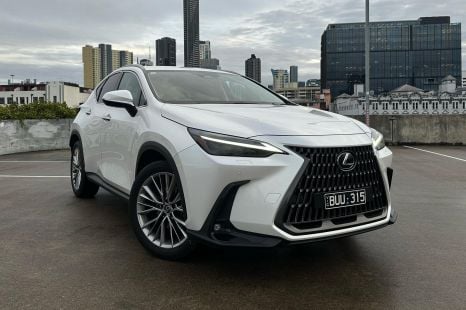

William Stopford
3 Days Ago
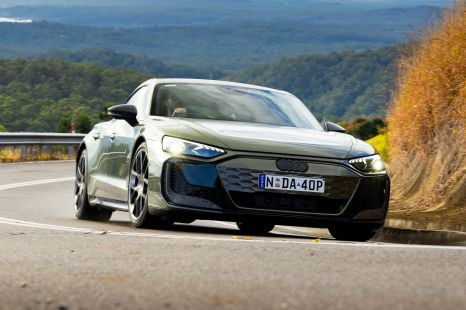

James Wong
3 Days Ago
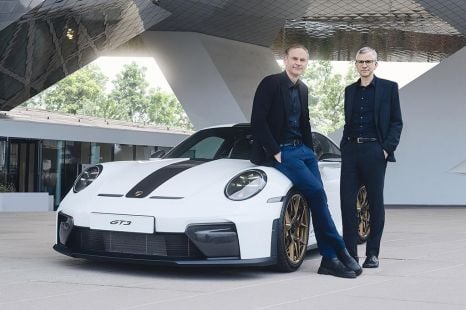

Damion Smy
1 Day Ago
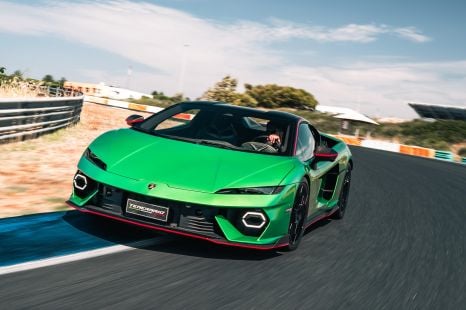

Alborz Fallah
1 Day Ago
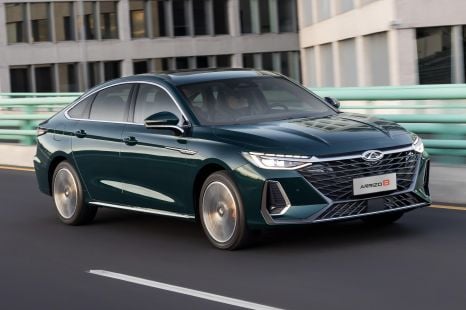

Max Davies
1 Day Ago